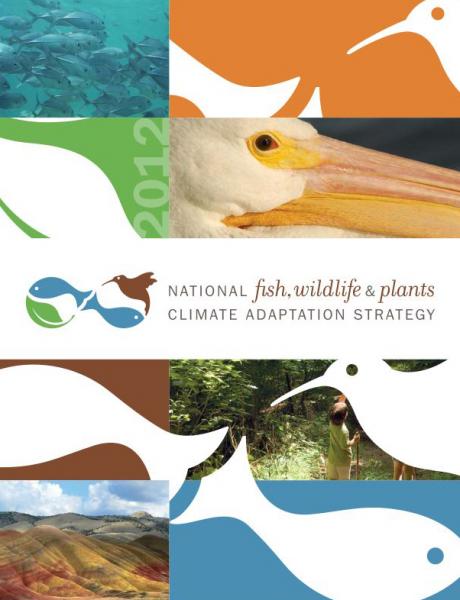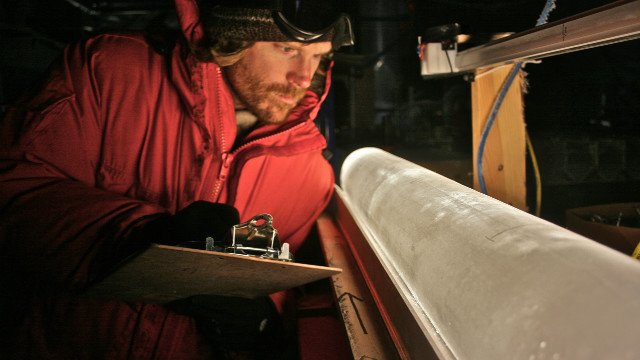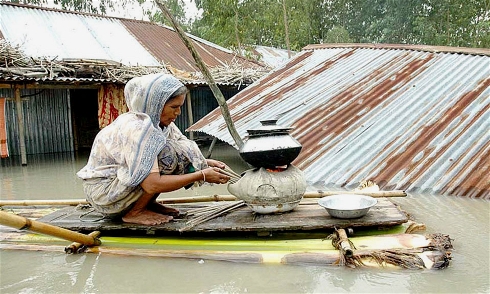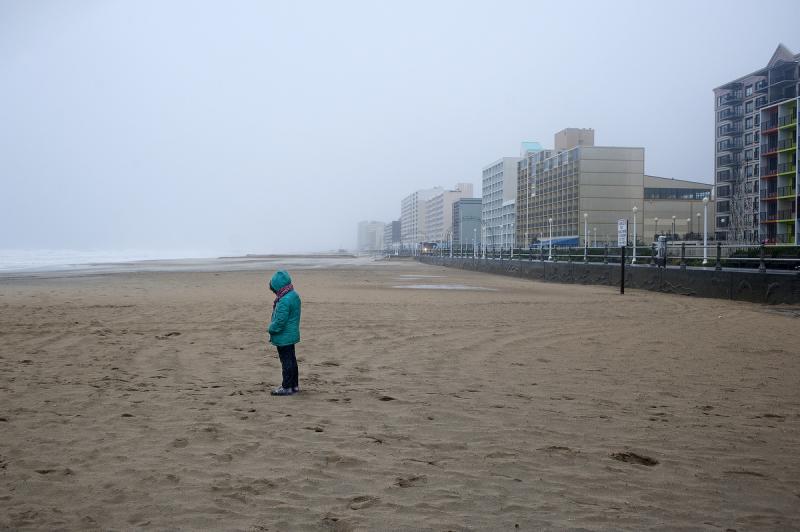You are here
Thu, 2011-06-23 09:24 — mdmcdonald
The Climate Change working group is focused on bringing climate science to effective regulatory policy and stimulating the growth of a green economy.
The mission of the Climate Change is to bring climate science to effective regulatory policy and stimulating the growth of a green economy.
Add Content to this group
Members
| John Girard | Kathy Gilbeaux | Maeryn Obley | mdmcdonald | scottt@stetsone... |
Email address for group
climate-change@m.resiliencesystem.org





 submitted by Stella Tarnay
submitted by Stella Tarnay




Recent Comments